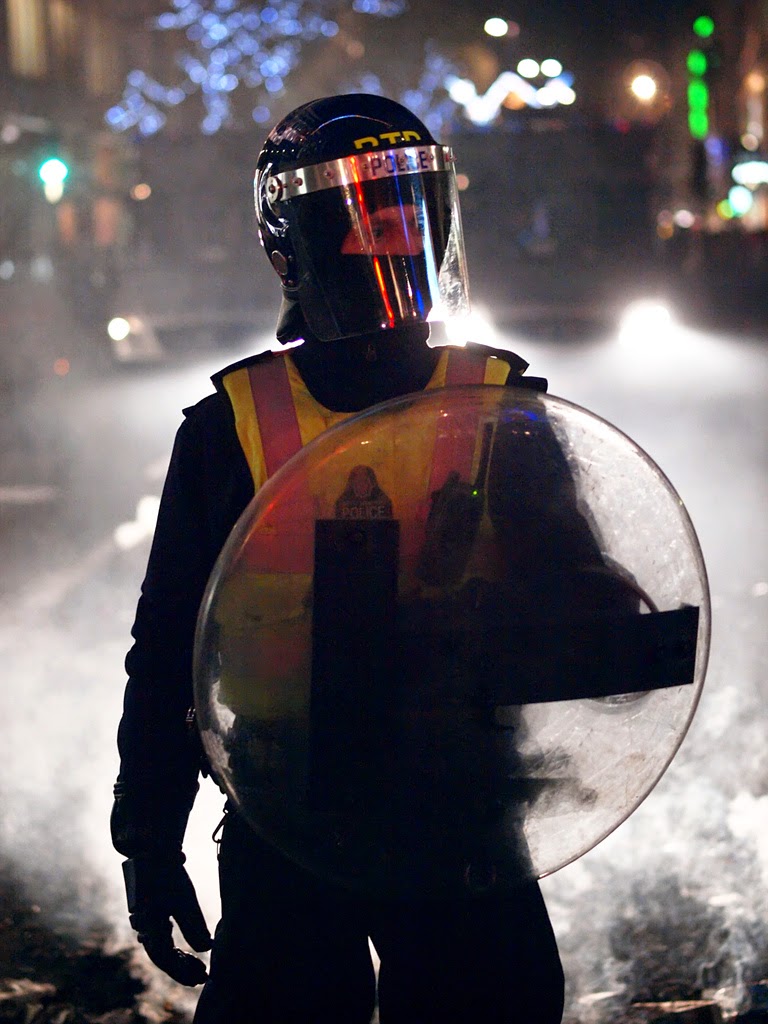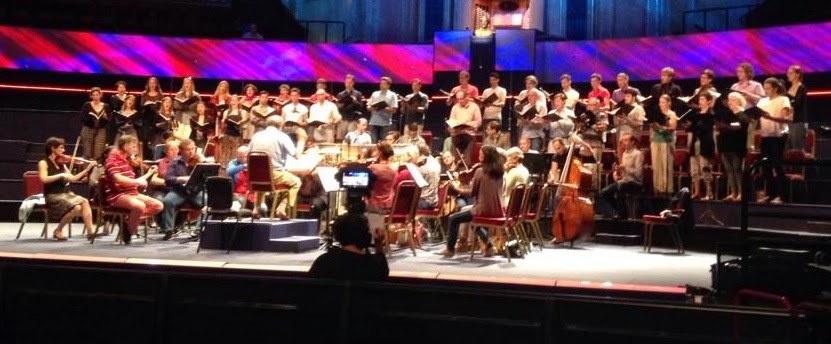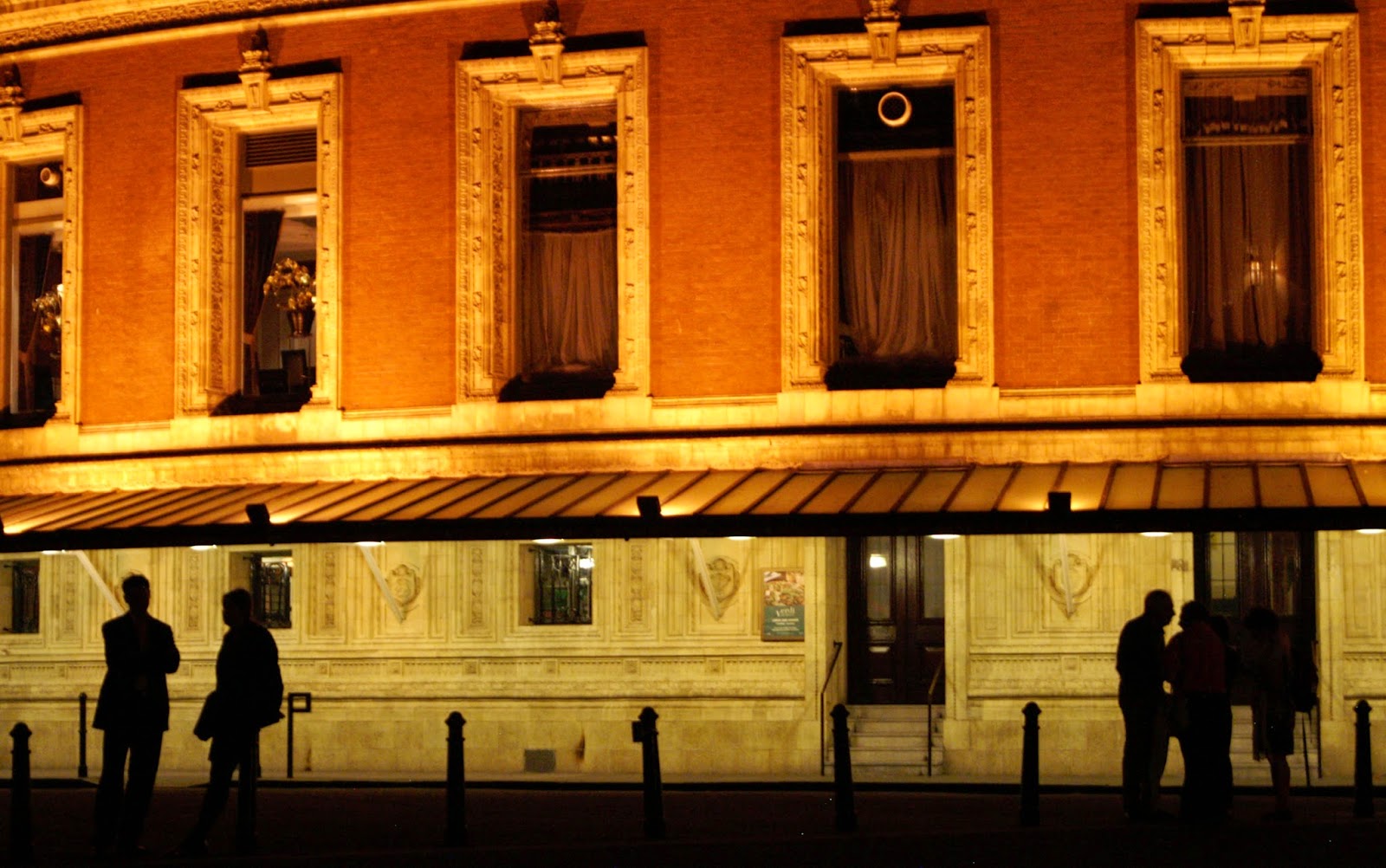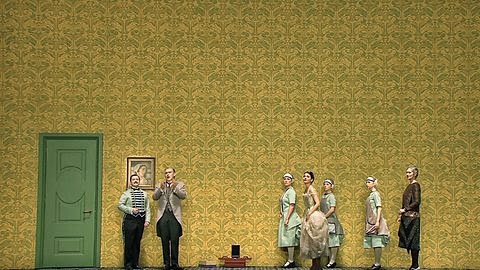It was supposed to be 'the war to end all wars'. As we know all too well, that was a forlorn hope. Indeed, when historians come to write the history of the last decade of the nineteenth century, the twentieth and very probably much of this one, some time perhaps in 2114, it will not be in chapters headed 'The Great War', or 'The Second World War' or the 'Great Patriotic War, or 'The Iraq war' or 'Operation Enduring Freedom' or Operation Cast Lead'.
It will be 'The Hundred and Fifty Years' War. Or, if one is a pacifist of growingly pessimistic bent, perhaps 'The Two Hundred Years' War.' After all, war has hardly ever ceased, and it is all around us.
Most of us, I dare say, think of war as mass killing. In imagining the 'softening up' bombardments of the First War, the 'Thousand Bomber' raids of the Second, the 'WMD's' more recently, especially in the West, war has become almost impersonal. But the artillery shell, the drone-fired missile, the bullet that kills you is a very individual, in that last split second, or, if you are unlucky, longer, a very personal thing.
In Gabriel Prokofiev's Violin Concerto it is the violin that is that precise, fragile aspect of individuality of war; sometimes strained, sometimes weary, mostly fearing. It is the orchestra that is the instrumentality of war: the twang of bullets hitting barbed wire or ricocheting; the percussion of shells and bombardment, the rattle of machine guns or an AK47. The sounds, as you perceive them as an individual, somehow distant from you, not yet murderously personal.
It was the tension of the wider, general, destructive threat as played in the orchestral parts, counterpoised against the slightly lost, sometimes anguished, almost always not-quite-comprehending that made Gabriel Prokofiev's Concerto so striking.
Yes, it was programmatic in a sense that perhaps we want to eschew now; but it was a programme that was also musical narrative, part soundtrack to memories of scratchy film and more recent blurred cockpit video. It was a landscape of trenches and ruins; of memories of August relaxation and dances; of better times gone, sometimes fleetingly present, and the constant awareness of probably worse to come.
War has not changed much, for all the drones and distant hands on joysticks and Playstation falsity of the video stories. It hasn't changed at all for the people who die. Singly, individually, for who war ends still as a personal surprise and affront.
It was a tremendously evocative and cleverly, hauntingly, constructed piece; the violin played with great insight by Daniel Hope, and accompanied superbly by the Istanbul orchestra. All of whom, after the seconds of silence at its end as the audience let it all sink in, were justly rewarded with a long spell of applause.
It was, perhaps, appropriate that a Turkish orchestra should perform this world premier. Some three million people in the Ottoman Empire died as a consequence of that war, too.
Above left: a silk 'in Memoriam' bookmark with the photograph of a WW1 soldier.
My grandfather (or more accurately, my grandmother's first husband, joined the Royal Army Medical Corps at the beginning of the war; he was killed just ten days before the Armistice, in some small battle in Flanders hardly anyone has heard of. Private Ainsworth was a relative.
Photo: the ruins of Ypres; the market square, 1917. (Unattributed.)
Photo: the ruins of Gaza, 2014. (Unattributed)
Radio 3 live relay; repeated Wednesday 30th July, R3 1400; iPlayer









